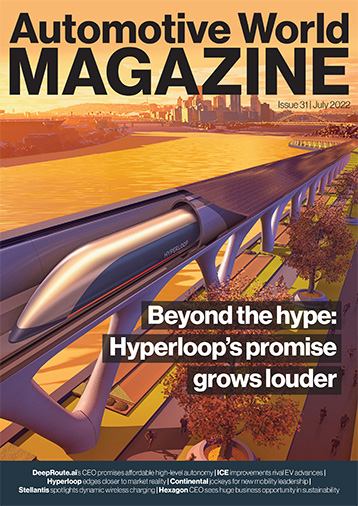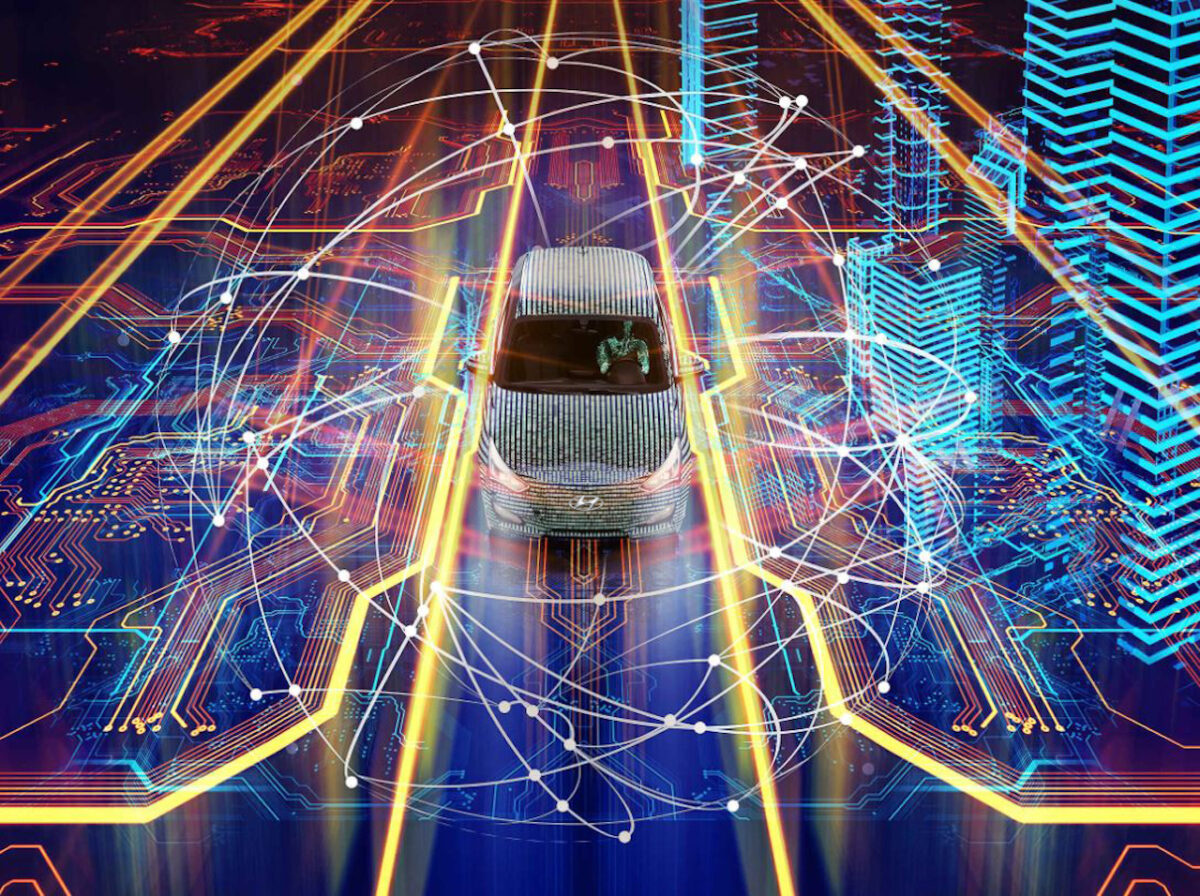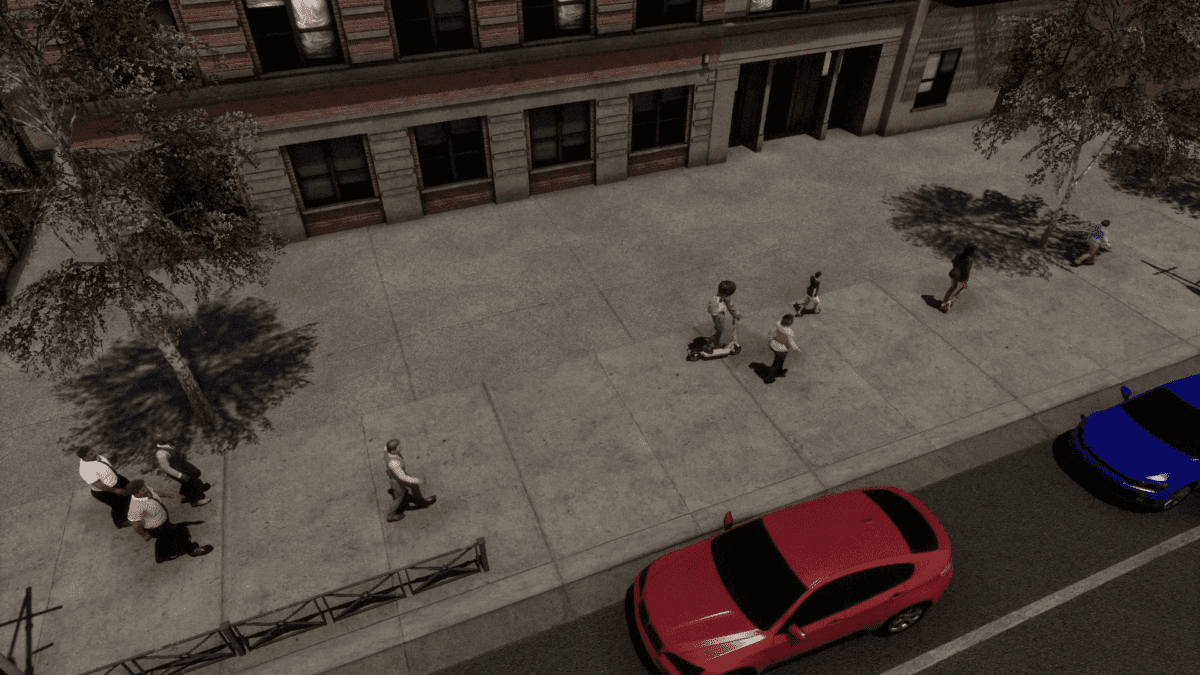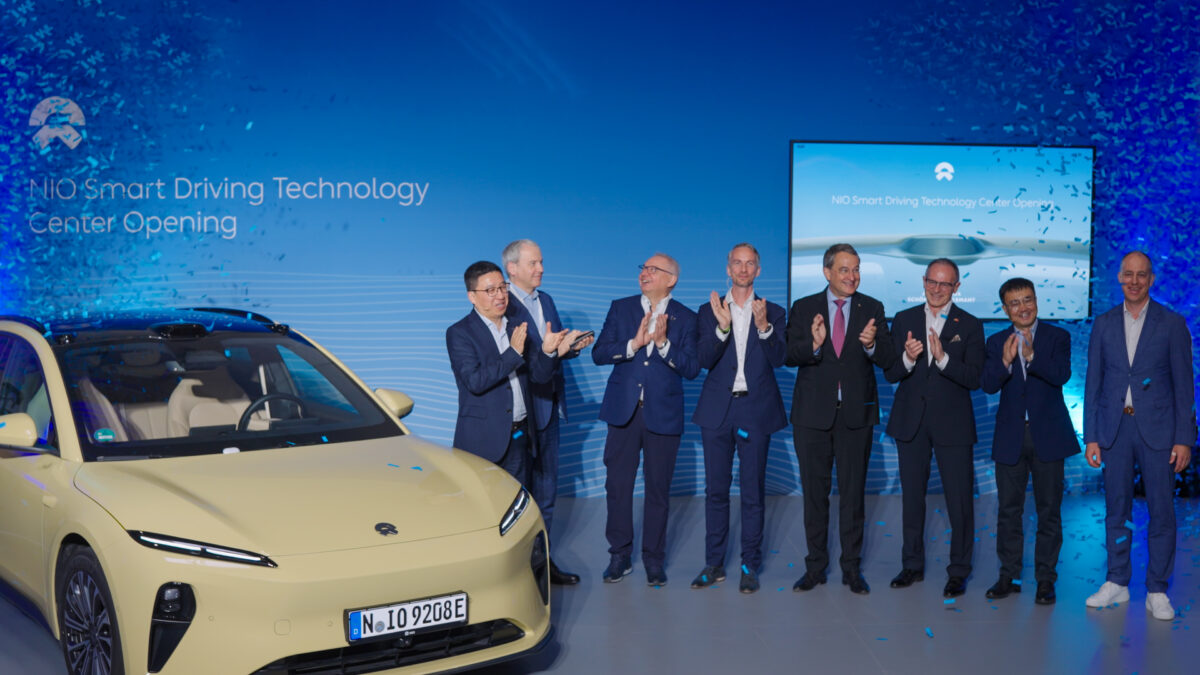In this emerging ecosystem of new mobility, suppliers must be resilient and adaptable if they are to remain relevant. Decades of experience supplying vehicles is no longer sufficient to ensure survival in this new software-based domain, and market consolidation is inevitable. However, there are a handful of long-time players that, like the cockroach, appear able to withstand and even thrive in a period of rapid change. At 150 years old, Continental AG is proving it has what it takes to help shape the future of mobility.
From handbags to autonomous vehicles
The German Tier 1 estimates that its technology is found in three out of every four global vehicles on the road today. That’s not a bad boast for a company that started out over 150 years ago in a world very different to today. Its roots are in rubber, and its rubber-based products have found their way into everything from handbags to bicycles. With this knowledge it built up a solid reputation in vehicle tyre technology, but today its automotive business is all about software.
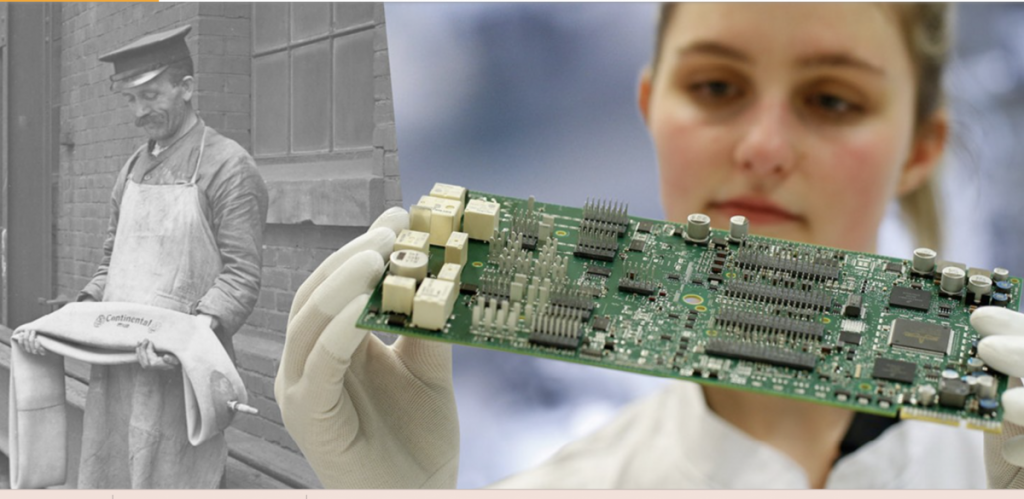
“We have positioned ourselves as a Tier 1 supplier mainly in electronics,” says Stefan May, Chief Executive and Country Head of Continental in France. Continental has been active in France for just over 130 years. May has served in the top role since 2019 but has accumulated more than 30 years at the supplier and witnessed first-hand its evolution. He recently took Automotive World on a tour of the company’s Toulouse facility, a hub for automotive electronics development, production and testing.
“The original idea was to integrate electronics in cars,” he explained. “OEMs suddenly needed knowledge in embedded systems and that knowledge was found in the space industry.” Toulouse is indisputably the aeronautics and space capital of Europe; it was the birthplace of the airborne postal service nearly a century ago and is currently home to Airbus HQ. “It made sense to take learnings from the space industry and apply it to automotive, as the expertise is the same,” he emphasises.
That was a considerable jump from its roots in rubber. “Why did we move from rubber to automotive? It all focuses on safety,” he explains. “What are the things physically near a tyre? Brakes. Brakes ensure safety. In 1991 Continental bought a company active in brakes and that’s where this automotive diversification started. We never stopped buying automotive equipment specialists, which results in our current form today.”
It made sense to take learnings from the space industry and apply it to automotive, as the expertise is the same
It hasn’t just been buying, though. It has also been refining. In April 2021, shareholders approved the spin-off of its powertrain business into Vitesco Technology to focus on electric propulsion. “That was it—no more powertrain,” says May. “Why? Everyone talks about electrification. We think the leading industry positions in powertrain were already taken, unfortunately, by Asian companies. Europe lost this battle to some extent.”
Spotlight on software
It might have missed the boat on that particular application, but there was another on which it could more fully capitalise: software. “We concentrate on the rest, and the rest is basically software. Software is everywhere. Software means automated driving and connectivity,” says May. “New architectures will come to life in 2025 and 2026, introducing more centralised zonal architectures. With these you need to make sure you are managing the complete software stack from embedded to cloud, including middle wear and the operating system.”
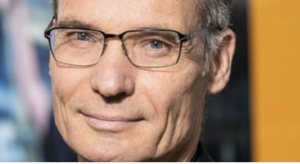
This is where Continental is now investing heavily. At the ITS European Congress 2022 (30 May to 1 June), based in Toulouse, the supplier is spotlighting some of its latest innovations on this front. This includes smart intersection solutions, a pedestrian detection system, a cloud-based ‘key as a service’ solution, an HPC to facilitate software updates and a 5G smart antenna demonstrator for vehicles. Meanwhile, the company’s production facility in Toulouse turns out such essential components as controllers, tyre pressure management systems and 5G antennas.
“We are working with various automakers on the software architecture to make sure the functions for which we stand—braking, connectivity, safety features, multimedia—continue to work in a different E/E architecture and environments,” notes May. “That leads to questions around cyber security and connectivity in all places. Does 5G need to be able to completely guarantee connectivity in all areas of the world? Perhaps not. It just means it might.”
He points specifically to the role that satellites can play in realising a connected mobility ecosystem, and Toulouse itself is a centre for satellite expertise. Down the road from Continental’s campus is the Airbus facility where a team of workers are currently hand-assembling a wide range of satellites for every conceivable application. “Toulouse is a satellite town,” says May. “We interact with people from the space industry to get more knowledge about that.”
Making the most of its location and the know-how to hand in this hotbed of engineering, Continental’s French division demonstrates the sort of initiative and adaptability that could see the company stick around for another 150 years. It’s what the cockroach would do. The group-wide objective at Continental is to become the benchmark for the mobility of the future. If progress continues at this rate, it stands a good chance of achieving that.
